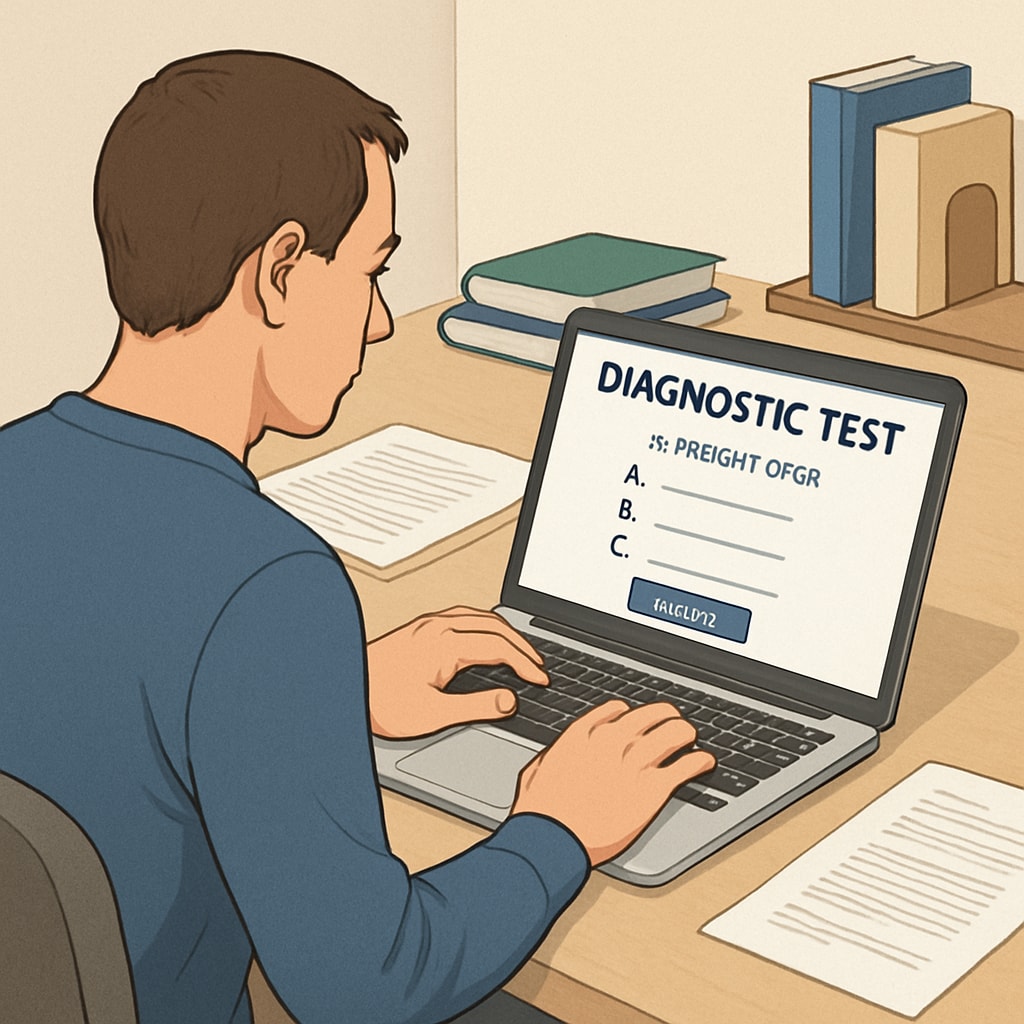For many adults, overcoming gaps in foundational education can feel overwhelming. Whether due to missed opportunities during childhood or life circumstances, the challenge of addressing “education gaps, basic knowledge, self-learning resources” is significant yet surmountable. This article offers practical strategies and resources for adults eager to reignite their learning journey and build essential knowledge.
Assessing Your Starting Point: Understanding Education Gaps
Before embarking on the journey to rebuild your educational foundation, it’s crucial to assess where you stand. Understanding your strengths and weaknesses can help you focus on areas requiring the most attention. For example, you might lack basic literacy, numeracy, or digital literacy skills. Sites like Wikipedia’s Literacy article can provide a broad overview of these topics and guide your exploration.
Here are some tips to assess your current knowledge level:
- Take online quizzes or diagnostic tests to identify gaps in subjects like math, reading, or writing.
- Reflect on practical skills you struggle with in daily life, such as budgeting or using technology.
- Seek feedback from trusted individuals (e.g., mentors or colleagues) who can help pinpoint areas for improvement.

Finding Accessible Resources for Building Basic Knowledge
Once you’ve identified your starting point, the next step is gathering the right educational resources. Thankfully, the internet offers a wealth of tools designed for self-learners. From free courses to interactive platforms, adults can access high-quality content tailored to their needs. Websites like Britannica provide reliable information on various topics, making them excellent starting points for foundational learning.
Explore these resource types to enhance your knowledge:
- Online Learning Platforms: Websites like Khan Academy and Coursera offer free or affordable courses in subjects ranging from math to history.
- Community Libraries: Many libraries provide access to basic educational materials, workshops, and tutoring services.
- Educational Apps: Apps like Duolingo (for language learning) and Quizlet (for flashcards) are ideal for bite-sized learning.

Creating a Sustainable Self-Learning Routine
One of the most critical aspects of adult learning is consistency. Without a structured routine, the process can feel overwhelming and lead to burnout. Here are practical tips to create a sustainable learning schedule:
- Set Realistic Goals: Focus on mastering one skill or subject at a time to avoid feeling overloaded.
- Allocate Dedicated Time: Carve out specific hours each week for uninterrupted learning.
- Track Your Progress: Use journals or apps to monitor achievements and reflect on areas needing improvement.
Remember, learning is a lifelong journey, and progress may be slow at times. However, maintaining a growth mindset will keep you motivated even during challenging periods.
Overcoming Challenges in Adult Learning
Adults seeking to fill educational gaps often face unique challenges, including limited time due to work or family responsibilities, financial constraints, or feelings of embarrassment. Recognizing these obstacles and proactively addressing them is vital for success.
Here are strategies to overcome common barriers:
- Time Management: Prioritize your learning goals and integrate them into your daily routine.
- Financial Assistance: Look for free resources, scholarships, or community programs that offer support.
- Emotional Resilience: Connect with supportive peers or mentors who can encourage you and share their experiences.
By addressing these challenges head-on, adults can confidently pursue their educational goals and transform their lives.
Readability guidance: Use short paragraphs and lists to summarize key points. Limit passive voice and long sentences. Incorporate transition words like “however” and “as a result” to improve flow.


